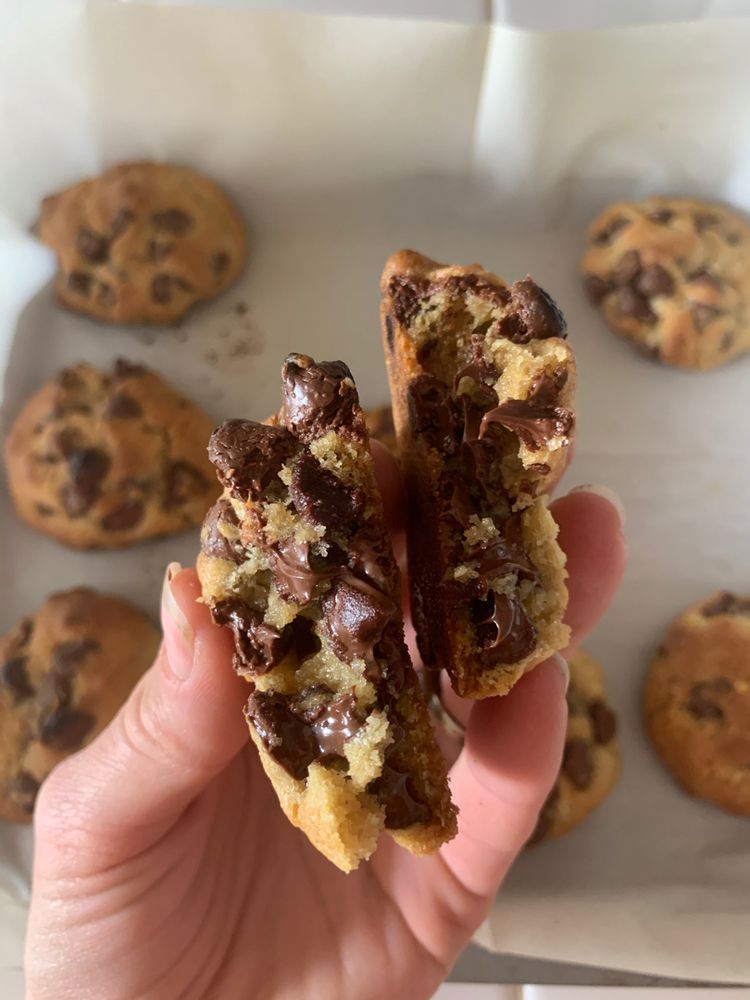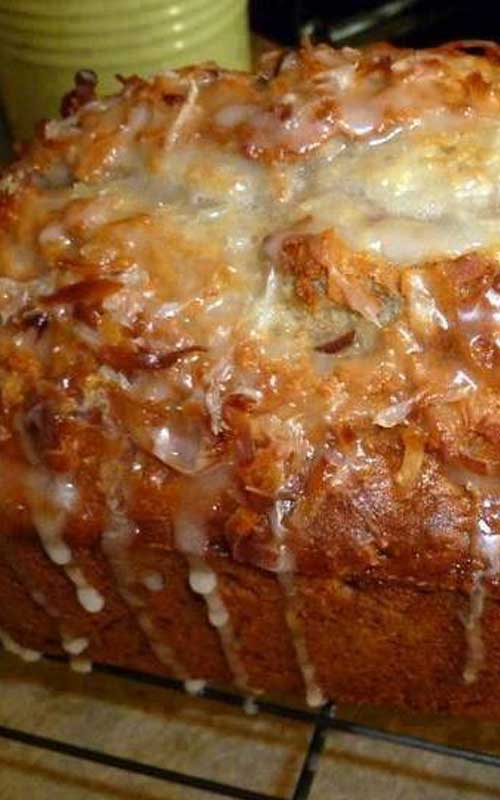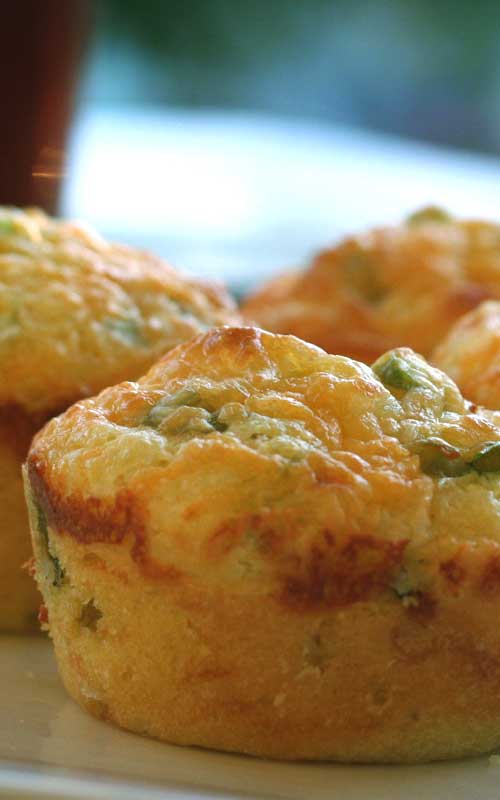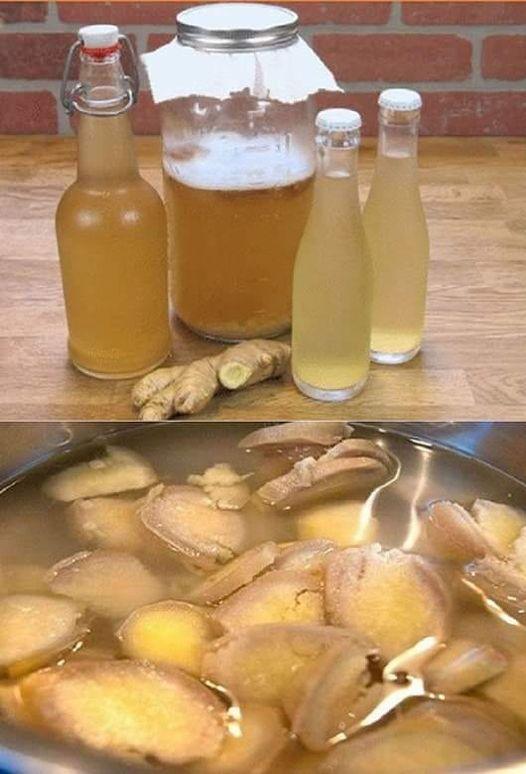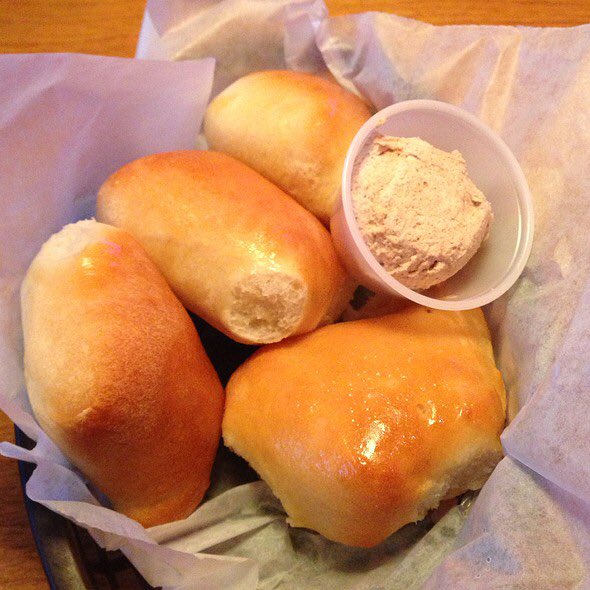Pancake Day history
Shrove Tuesday was the last chance to use eggs and fat before embarking on the Lenten fast and pancakes are the perfect way to use up these ingredients.
What is Pancake Day? On 16 Feb H – The pie
A pancake is a thin and flat cake, which is made from batter and fried in a pan. The traditional English pancake is very thin and served instantly. Golden syrup or lemon juice and caster sugar are the usual toppings for pies.
The history of pancakes around the world, especially Pancake Day On 16 Feb H or Pancake Day
The pie has a very long history and has appeared in cookbooks since 1439. The tradition of throwing it or turning it over is almost as old: “Every gentleman and servant take turns, and toss the pies for fear of being burned.” (Palin-Pasquel, 1619).
The most prominent ingredients of Pancake Day are pancakes or pies
The ingredients for the pancakes can be seen to symbolize four important points at this time of year:
eggs ~ batter flour ~ salt
Life ~ soft milk ~ purity
Creative ways to prepare Pancake Day Pancake Day and creative ways to prepare
To make 8 or so pancakes, you will need 8 ounces of plain flour, 2 large eggs, 1 pint of milk, and salt.
Mix it all together and whisk well. Leave to stand for 30 minutes. Heat a little oil in a frying pan, pour enough batter to cover the base of the pan and let it cook until the base of the pancake turns brown. Then shake the pan to loosen the pancake and flip the pancake over to brown the other side.
Pancake Day in America
In the United Kingdom, pancake races are an important part of Shrove Tuesday celebrations – an opportunity for large numbers of people, often in fancy dress, to race through the streets tossing pancakes. The goal of the race is to get to the finish line first, holding a frying pan with a cooked pancake in it and flipping the pancake as you run.
International competitions for the preparation of pancakes
The most famous pancake race takes place at Olney in Buckinghamshire. According to tradition, in 1445 an Olney woman heard the clanging of a bell while she was making pancakes and ran into the church in her apron, still clutching the pan. The Olney Pie Race is now world famous. Contestants must be local housewives and must wear an apron and hat or scarf.
Olney Pancake Race. Author: Robin Merscoff. Licensed under a Creative Commons Attribution 2.0 Public License.
Each contestant has a frying pan containing a hot pancake. You must toss it three times during the race. The winner is the first woman to complete the course, get to the church, present her pies to the waiter, and he will accept them.
At London’s Westminster School, the annual Pancake Grease competition is held. A deacon of Westminster Abbey will lead a procession of boys to the court where the school’s chef is throwing a huge pie onto a five-metre ribbon. The boys then race to grab a portion of the pie and the person who finishes with the largest piece receives reward money from the brig, who was originally a guinea or sovereign.
In Scarborough, Yorkshire, on Shrove Tuesday everyone gathers on the promenade to skip. Long ropes run across the road and there may be ten or more people straddling a single rope. The origin of this custom is not known but skipping was once a magical game, associated with sowing and scattering seeds that was probably played on barrows (burial mounds) during the Middle Ages.
Pancakes around the world, customs and traditions
Many towns across England held traditional Shrove Tuesday Football (Mob Football) matches dating back to the 12th century. This practice mostly died out with the passage of the Highways Act 1835 which banned the playing of football on public highways, but a number of towns have managed to keep traditions alive to this day including Alnwick in Northumberland, Ashbourne in Derbyshire (the football match is called Royal Shrovetide), in Atherstone and Warwickshire, Sedgefield (named The Ball Game) in County Durham, and St Columb Major (named Silver Hurling Ball) in Cornwall.
The popular name of Shrove Tuesday Pancake Day marks the beginning of preparation for Easter. It is followed by Ash Wednesday, the beginning of Lent – a Christian fast – so arose the custom of making pancakes to use foods that had traditionally been given up in Lent.
Many towns across England held traditional Shrove Tuesday Football (Mob Football) matches dating back to the 12th century. This practice mostly died out with the passage of the Highways Act 1835 which banned the playing of football on public highways, but a number of towns have managed to keep traditions alive to this day including Alnwick in Northumberland, Ashbourne in Derbyshire (the football match is called Royal Shrovetide), in Atherstone and Warwickshire, Sedgefield (named The Ball Game) in County Durham, and St Columb Major (named Silver Hurling Ball) in Cornwall.
INGREDIENTS
1/2 cup 1 stick butter, melted and cooled
2 & 1/2 cups flour, spooned and leveled
1/4 cup white sugar
1 teaspoon salt
2 teaspoons baking soda
2 teaspoons baking powder
2 cups buttermilk
1/2 cup milk, I used whole milk
2 eggs, separated
bacon grease, for frying (butter works too)
DIRECTIONS
Heat your oven to 170 degrees F, sometimes called the “keep warm” setting.
Get out 3 bowls: large, medium, and small.
Add the butter to the large bowl and microwave until it is melted. Set aside to cool a little bit.
In the medium bowl, whisk together flour, sugar, salt, baking soda, and baking powder.
Add the buttermilk and milk to the melted butter.
Separate the eggs: add the whites to the small bowl and the yolks to the wet ingredients in the large bowl. Whisk in the yolks.
Use a small whisk of fork to beat the egg whites a little bit, just 20 seconds or so until they start getting a little bubbly. It will help them fold in evenly.
Add the buttermilk mixture to the dry ingredients and stir roughly with a wooden spoon. Don’t overdo it! Just barely combine it. There should still be streaks for flour. See photos.
Beat the egg whites a little then add them to the batter. Fold in gently. It’s okay if there are still streaks of egg white.
Heat a griddle or large frying pan over medium heat.
When it is hot, smear a little bacon grease over the griddle.
Scoop the batter using a half cup measurement.
When bubbles on top start to pop, flip the pancakes. They should be a nice golden brown.
Continue cooking for another 2-3 minutes until they are golden on both sides.
Remove the pancakes to a cooking rack and keep warm in the oven that you turned on.
Repeat with the remaining batter.
Serve with lots of butter and syrup. And peanut butter.
